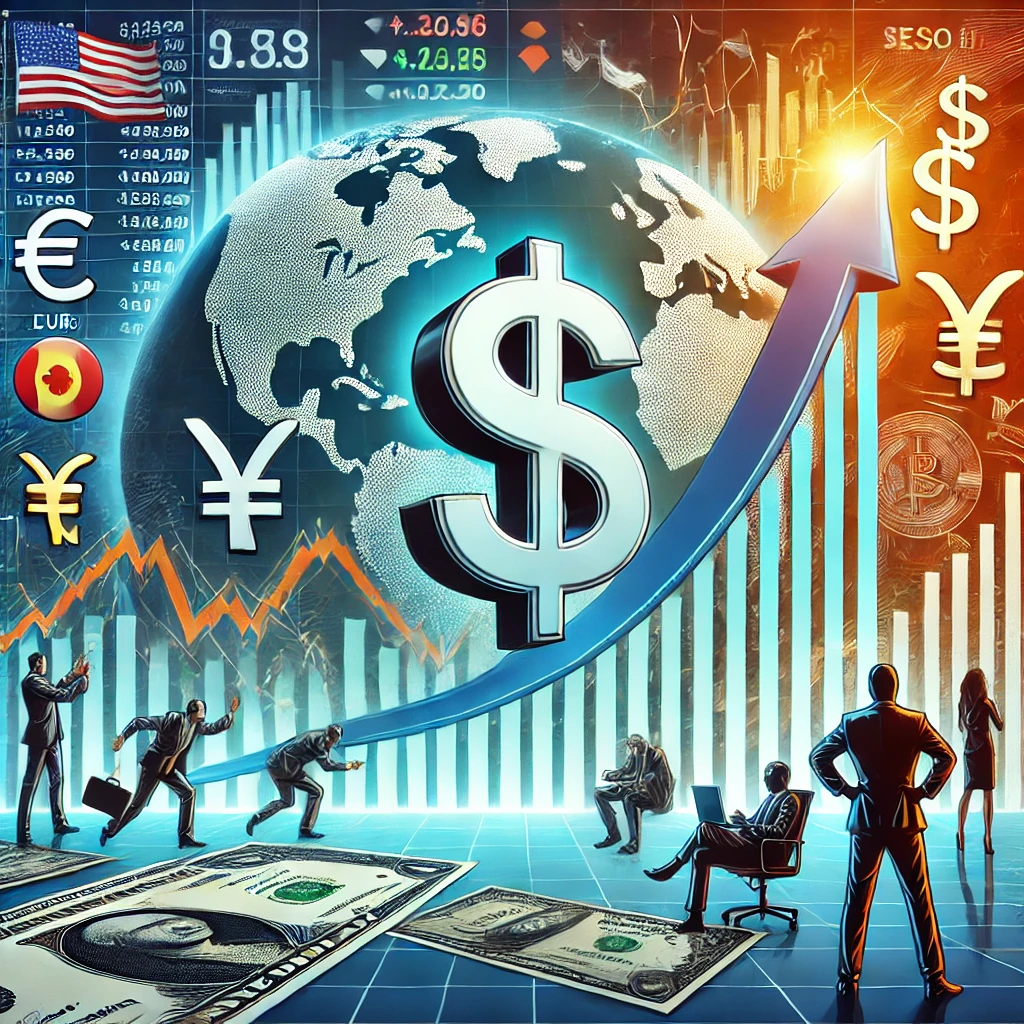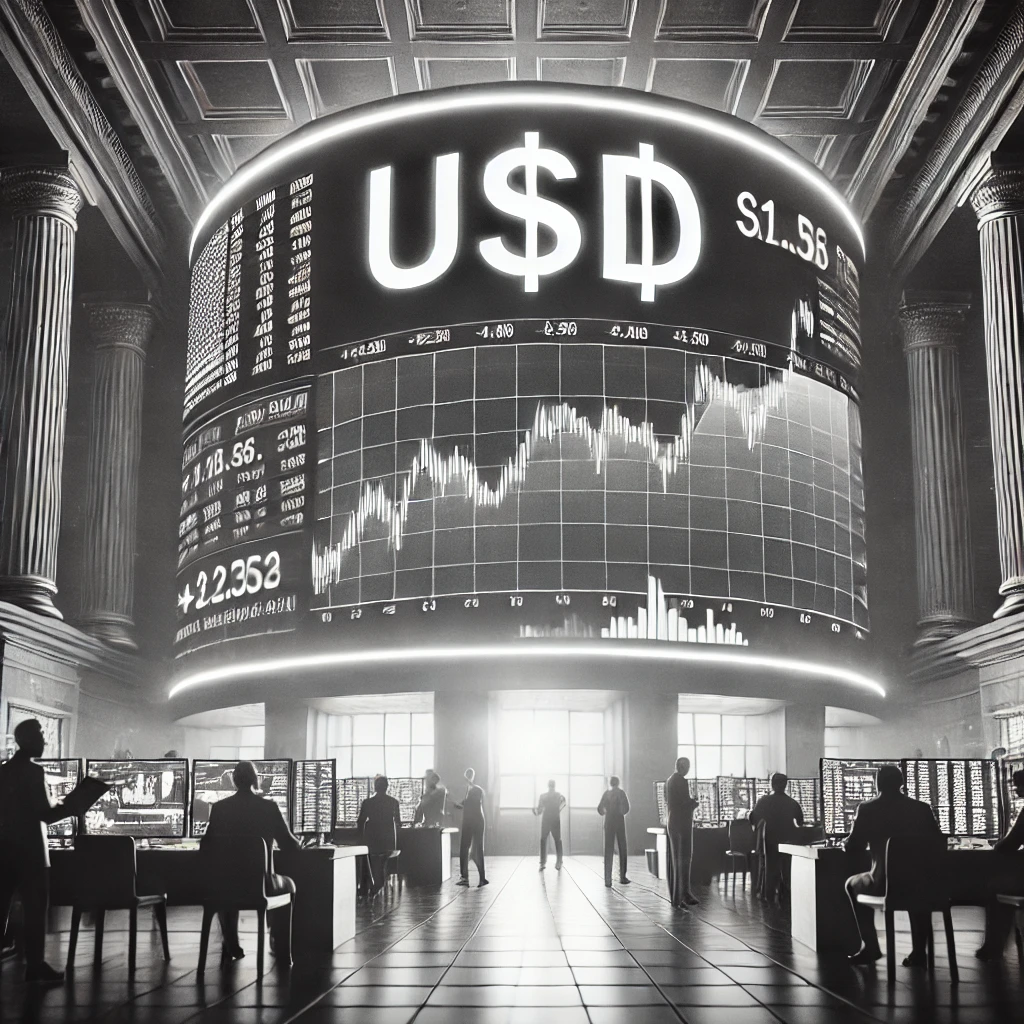※This site uses affiliate advertising.
Global trade tensions have increased in recent years, creating heightened market volatility.
Investors are seeking strategies to manage these uncertainties and secure their portfolios.
This article explores key investment trends related to
market uncertainty, U.S. tariffs, currency fluctuations, stagflation concerns,
and small-cap stock performance.
Impact of U.S. Tariffs on Emerging Markets
The Effect on Trade Flows
U.S. tariffs have significantly disrupted global trade,
impacting emerging markets that rely on exports.
Many developing economies struggle to cope with increased costs and supply chain instability.
Currency Devaluation and Inflation
As a result of trade restrictions, several emerging market currencies have depreciated,
leading to inflationary pressure and reduced purchasing power among consumers.
Currency Fluctuations in the Trump Era
The Role of Interest Rates
Interest rate policies are a crucial factor influencing currency fluctuations.
Investors must remain updated on global economic shifts
and monetary policies to adjust their strategies accordingly.
Safe-Haven Currencies
During periods of economic uncertainty, investors tend to move their assets to stable currencies
such as the U.S. dollar, Japanese yen, and Swiss franc.
Stagflation Concerns: How to Protect Your Portfolio
Inflationary Pressures
Rising inflation combined with slow economic growth creates stagflation.
This condition erodes purchasing power and affects investment returns.
Defensive Investment Strategies
Investing in safe-haven assets like gold and silver and focusing on defensive stocks
in stable industries can help safeguard portfolios against economic downturns.
Understanding global economic trends and implementing strategic investments
can help investors mitigate risks and achieve financial stability in volatile markets.
Aim for Profits While Minimizing Risks! Basic Strategies in Option Trading
How to Identify Profitable Forex Trends in Real-Time with Forex Trendy



















